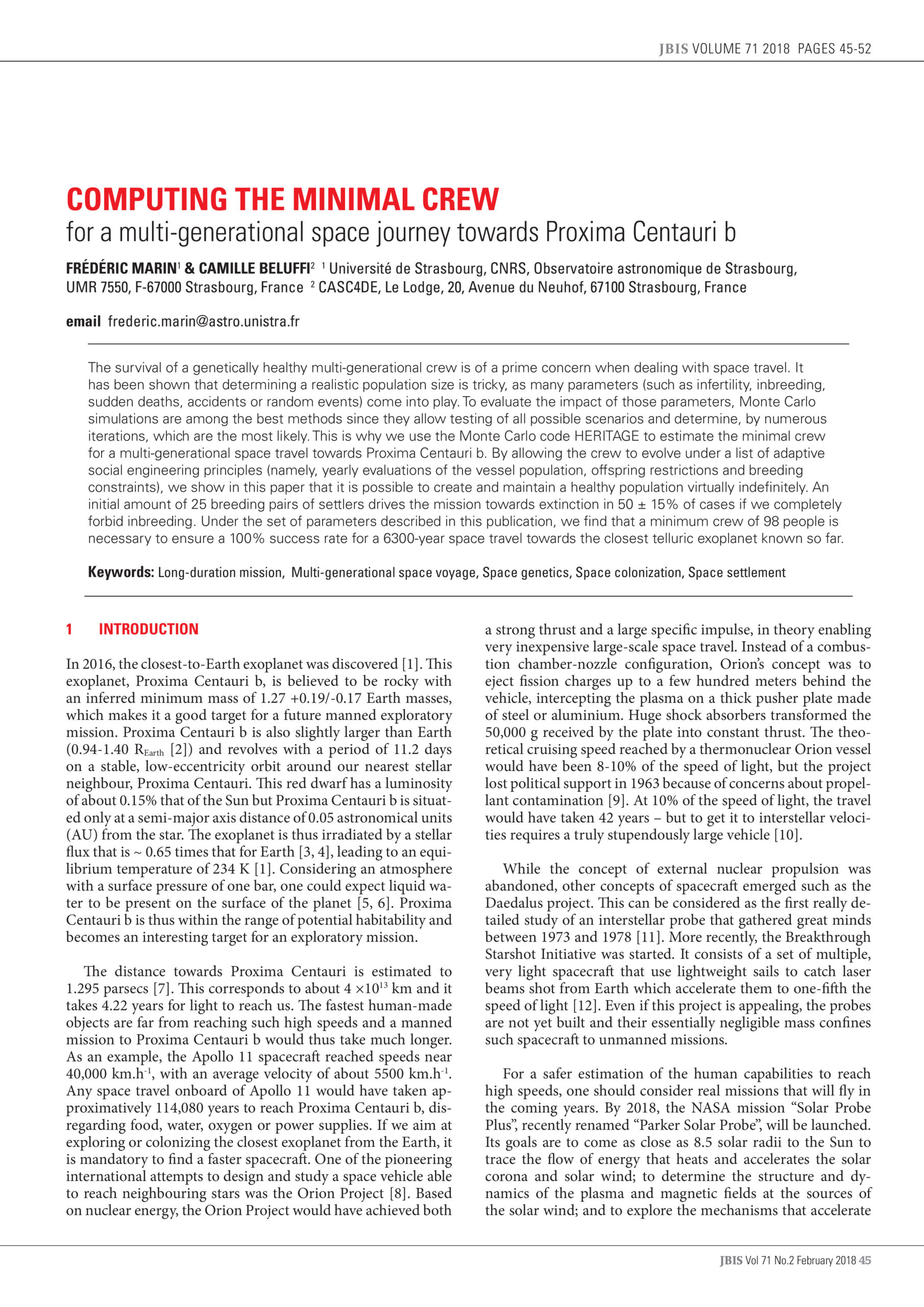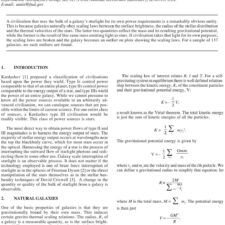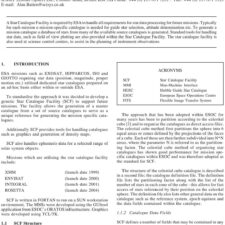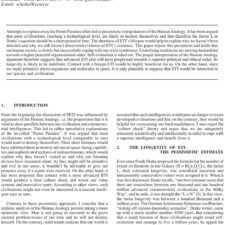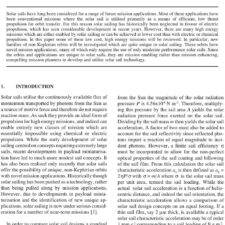Computing the Minimal Crew for a multi-generational space journey towards Proxima Centauri b
£5.00
F. Marin et al. (2018), JBIS, 71, pp.45-52
Refcode: 2018.71.45
Keywords: Long-duration mission, Multi-generational space voyage, Space genetics, Space colonization, Space settlement
Abstract:
The survival of a genetically healthy multi-generational crew is of a prime concern when dealing with space travel. It has been shown that determining a realistic population size is tricky, as many parameters (such as infertility, inbreeding, sudden deaths, accidents or random events) come into play. To evaluate the impact of those parameters, Monte Carlo simulations are among the best methods since they allow testing of all possible scenarios and determine, by numerous iterations, which are the most likely. This is why we use the Monte Carlo code HERITAGE to estimate the minimal crew for a multi-generational space travel towards Proxima Centauri b. By allowing the crew to evolve under a list of adaptive social engineering principles (namely, yearly evaluations of the vessel population, offspring restrictions and breeding constraints), we show in this paper that it is possible to create and maintain a healthy population virtually indefinitely. An initial amount of 25 breeding pairs of settlers drives the mission towards extinction in 50 ± 15% of cases if we completely forbid inbreeding. Under the set of parameters described in this publication, we find that a minimum crew of 98 people is necessary to ensure a 100% success rate for a 6300-year space travel towards the closest telluric exoplanet known so far.

